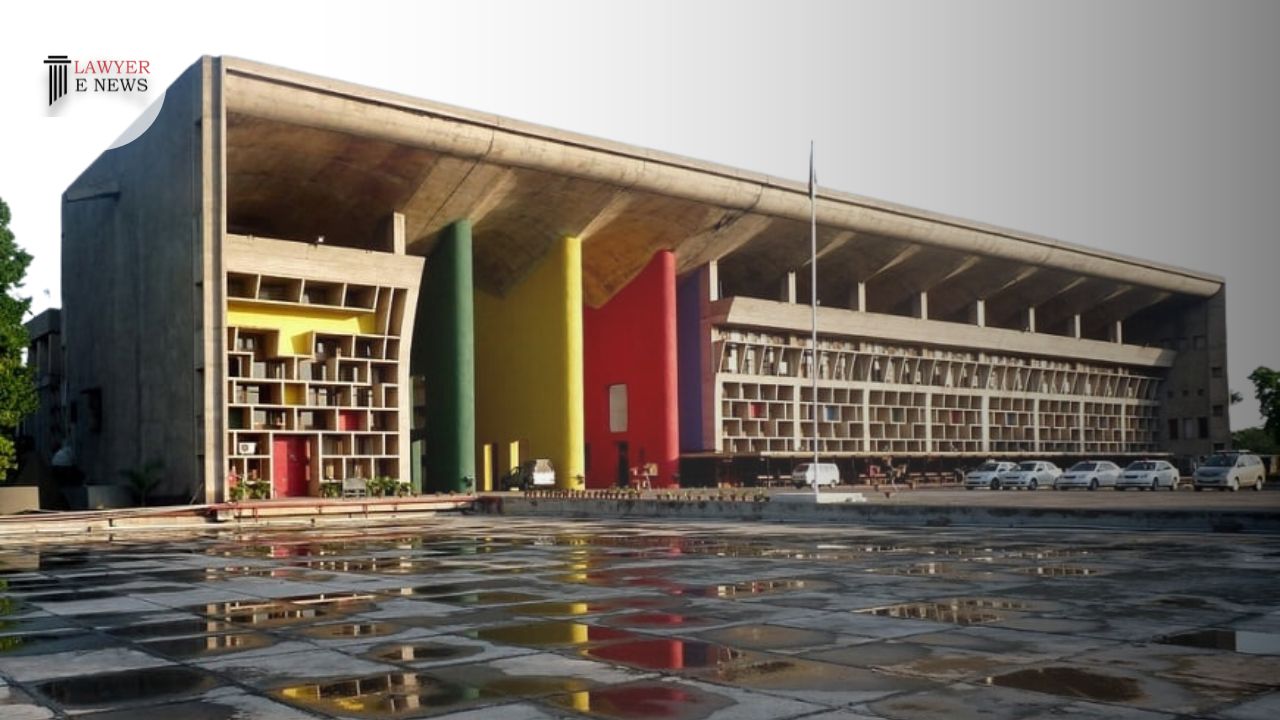-
by Admin
16 February 2026 1:47 PM



In a significant ruling, the Punjab and Haryana High Court granted a divorce decree to a husband, citing cruelty and the irretrievable breakdown of the marriage. The judgment, delivered by Justice Ritu Bahri and Justice Manisha Batra, emphasized the mental agony suffered by the husband due to the unreasonable behavior of his wife.
The case, Harjeet Kaur v. Satpal Singh, revolved around the appellant-wife's refusal to live in a joint family and her persistent demands for separate residence. The wife also made false criminal complaints against her husband and his family, leading to their arrest. The court observed that these actions caused immense mental cruelty to the husband and affected the reputation of the entire family.
The bench stated, "The appellant-wife's unreasonable demands, refusal to live in a joint family, and filing of false criminal complaints against her husband and his family members established mental cruelty. The marriage has irretrievably broken down, and there is no possibility of the parties living together."
The court further noted that despite attempts at mediation and reconciliation, the differences between the parties remained irreconcilable. The wife's actions had created an environment of hostility and made it impossible for the couple to continue their marital relationship.
The judgment relied on precedents and legal principles to support the decision. It referred to the case of Naveen Kohli v. Neetu Kohli, where the Supreme Court held that a marriage irretrievably broken down due to one party's cruel treatment could be dissolved. The court also cited the importance of considering the interests of the child and the pragmatic reality of the situation.
The High Court's decision highlights the significance of mental cruelty as a valid ground for divorce and emphasizes the need for courts to address the irretrievable breakdown of a marriage. The ruling recognizes that preserving a marriage that has ceased to be effective would only result in further misery for the parties involved.
This judgment serves as an important precedent and reaffirms the court's commitment to protecting individuals from enduring a marriage that has become untenable due to mental cruelty and irreparable differences.
Date of Decision: 05.01.2023
Harjeet Kaur VS Satpal Singh
